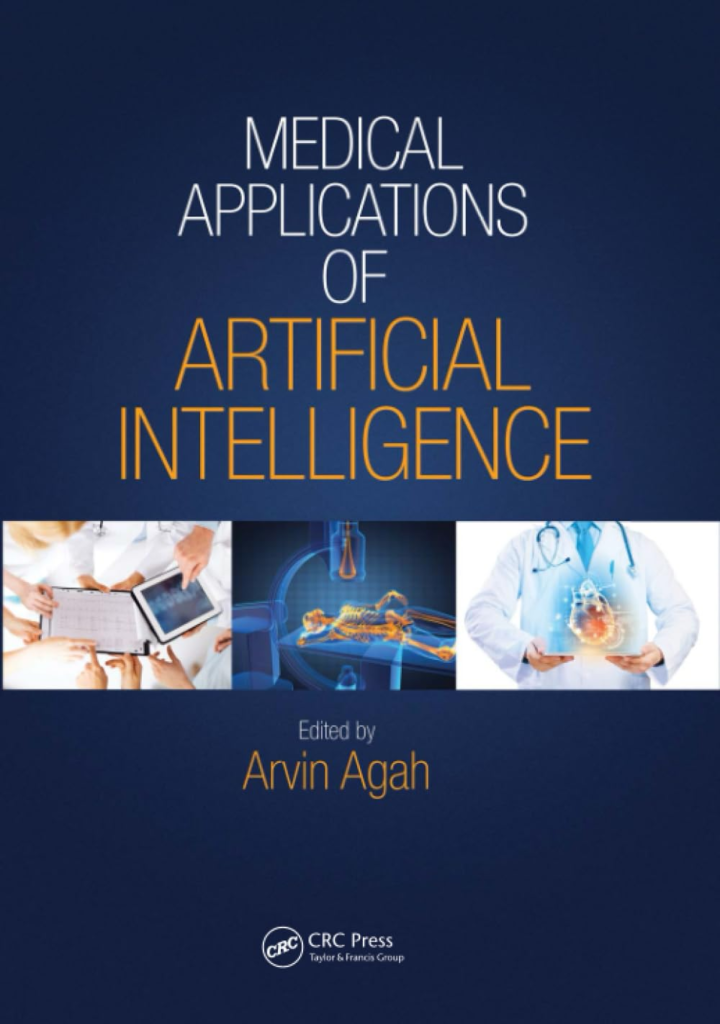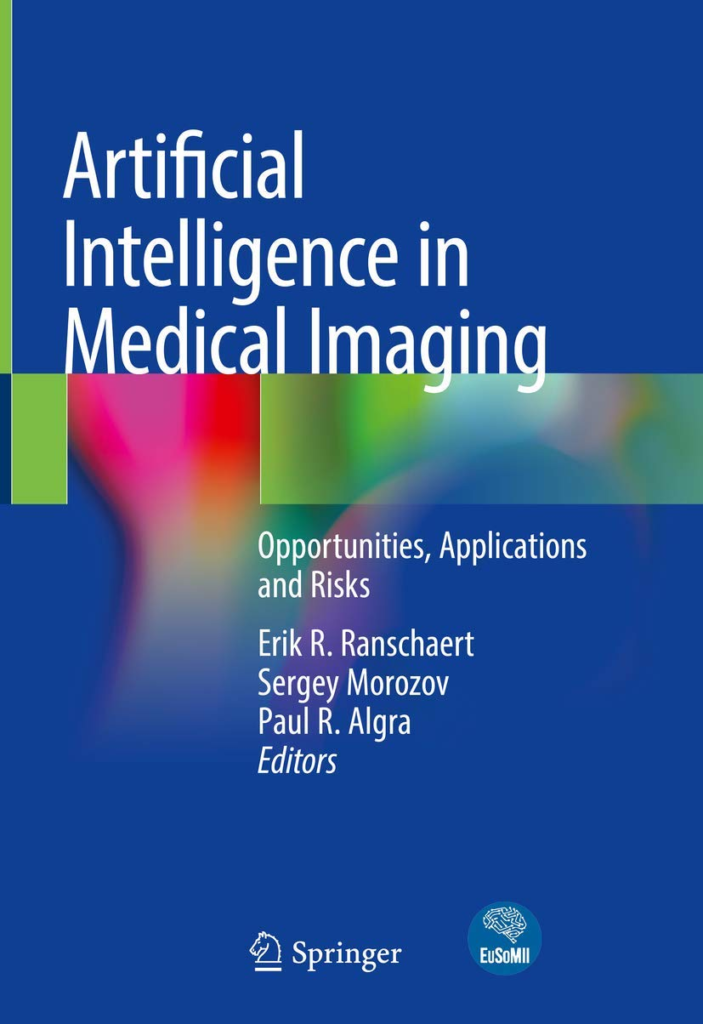Introduction to Find-HF
Find-HF is an innovative initiative designed to address the critical challenges associated with heart failure diagnosis, a condition that affects millions of people worldwide. Heart failure is a complex medical syndrome characterized by the heart’s inability to pump sufficiently to maintain blood flow to meet the body’s needs. The prevalence of this condition underscores its significance as a pressing health issue that requires timely and accurate diagnosis for effective management and treatment.
One of the foremost challenges in diagnosing heart failure lies in the variability of its symptoms, which can often mimic those of other medical conditions. Consequently, healthcare providers may face difficulties in identifying heart failure in its early stages, leading to misdiagnosis or delayed intervention. This poses a significant threat to patient outcomes, highlighting the urgent need for advancements in diagnostic methods.
Find-HF aims to revolutionize the landscape of heart failure diagnosis by leveraging the capabilities of artificial intelligence (AI). This initiative utilizes advanced algorithms and machine learning techniques to analyze patient data, identify patterns, and improve diagnostic accuracy. By integrating AI technology, Find-HF not only enhances the precision of diagnosis but also streamlines the workflow for healthcare professionals, allowing them to make more informed decisions in a timely manner.
The significance of Find-HF extends beyond accuracy; it represents a step toward personalized healthcare solutions that cater to individual patient needs. As we advance further into the digital age, the incorporation of AI in medical applications presents an invaluable opportunity to transform how heart health is managed. Understanding the remarkable potential of Find-HF is essential for both healthcare providers and patients as we navigate the complexities of heart failure diagnosis in today’s medical landscape.
(Purchase today by clicking on the image)
How Find-HF Works: The Technology Behind the AI
Find-HF leverages advanced machine learning algorithms to revolutionize the way heart failure is diagnosed. The technology employs a comprehensive approach that synthesizes a multitude of data inputs, including patient demographics, clinical histories, and a variety of diagnostic tests. This data integration is crucial as it allows for a robust risk assessment to predict the likelihood of heart failure in patients.
The underlying machine learning models used in Find-HF are designed to analyze patterns and relationships within the data. These models are trained on extensive datasets that consist of previously gathered patient information, which enhances their ability to make accurate predictions. Key algorithms such as random forests, support vector machines, and neural networks may be utilized to ensure that the predictions are both precise and reliable. Each algorithm contributes uniquely to the evaluation process, providing a nuanced understanding of the factors leading to heart failure.
Input data can include a wide range of information from electronic health records, such as age, gender, previous medical conditions, and vital signs. Diagnostic tests, including echocardiograms and blood tests, further enrich this dataset, enabling the AI to develop a holistic view of a patient’s health status. This diverse range of inputs contrasts sharply with traditional diagnostic methods that often rely on limited clinical signs or single test results. By harnessing the power of AI, Find-HF is not only more efficient but also reduces the potential for misdiagnosis.
Moreover, the technological innovations of Find-HF extend beyond mere data collection and analysis. The application is designed to adapt and learn continuously from new cases, which allows it to improve its predictive accuracy over time. This dynamic capability positions Find-HF as a significant advancement in heart failure diagnostics, offering greater reliability and speed in assessing patient risk.
Benefits and Impacts of Find-HF on Patient Care
The implementation of Find-HF has significantly transformed the landscape of heart failure diagnosis and management. One of the foremost benefits of this medical AI application is improved accuracy in diagnosing heart failure. Traditional diagnostic methods often rely on clinical assessments, which can be subjective. However, Find-HF leverages advanced algorithms to analyze patient data, leading to more precise identification of heart failure cases. This enhancement not only aids in achieving a timely diagnosis but also mitigates the risks associated with misdiagnosis, which can adversely affect treatment outcomes.
Furthermore, the application of Find-HF contributes to faster response times for clinicians. By utilizing machine learning and data analytics, Find-HF streamlines the diagnostic process, enabling healthcare professionals to make swift decisions concerning patient care. This expedited approach is particularly critical in emergency situations, where every moment counts in managing potentially life-threatening conditions.
Another pivotal advantage of Find-HF is its capability to identify at-risk patients earlier in their disease trajectory. Early identification empowers clinicians to implement proactive treatment strategies, potentially forestalling the progression of heart failure. This proactive approach has profound implications for treatment planning, helping healthcare providers tailor interventions that align with individual patient needs and thus improve the overall efficacy of care.
Additionally, the use of Find-HF has demonstrated potential in reducing hospitalization rates associated with heart failure exacerbations. Case studies from pilot programs reveal noteworthy successes, where institutions employing Find-HF reported a significant decrease in unplanned hospital visits. These trend shifts not only enhance the quality of life for patients but also alleviate the strain on healthcare systems, leading to more efficient resource utilization. Through its various benefits, Find-HF illustrates a promising avenue for advancing patient outcomes in heart failure management.
The Future of Medical AI and Heart Health
As healthcare continues to evolve, the integration of medical artificial intelligence (AI) into the field of cardiovascular health presents unprecedented opportunities for advancements in diagnosis and treatment. Innovations like Find-HF, which enhances heart failure diagnosis, exemplify how AI can streamline patient assessment and drive early intervention. The future prospects of medical AI in this domain hinge not only on technological innovation but also on a myriad of regulatory challenges. Ensuring patient safety and delivering effective solutions must remain a top priority as AI continues to develop.
Furthermore, the successful integration of medical AI into existing healthcare systems requires collaborative efforts among healthcare providers, technology developers, and policymakers. The goal is to create an ecosystem where AI-driven tools are harmoniously embedded within healthcare frameworks, facilitating improved patient outcomes. However, this integration must be approached with caution, particularly concerning data privacy and security. As medical AI applications handle vast amounts of sensitive patient information, strict adherence to data protection regulations becomes imperative in maintaining patient trust and compliance.
Looking ahead, the potential for tools like Find-HF to evolve and address other cardiovascular diseases is significant. By leveraging vast datasets and machine learning algorithms, medical AI can offer insights into disease patterns and risk factors, ultimately shaping personalized medicine approaches tailored to individual patient needs. With ongoing advancements in AI technology, the landscape of cardiovascular care is poised to experience transformative changes that may lead to more precise diagnoses and effective treatments.
In conclusion, the future of medical AI in heart health is promising but requires comprehensive collaboration and a commitment to ethical practices. As stakeholders across the healthcare spectrum come together to navigate regulatory landscapes and ensure data privacy, innovations like Find-HF have the potential to revolutionize the way cardiovascular diseases are identified and managed, paving the way for a healthier future.
(Purchase today by clicking on the image)






